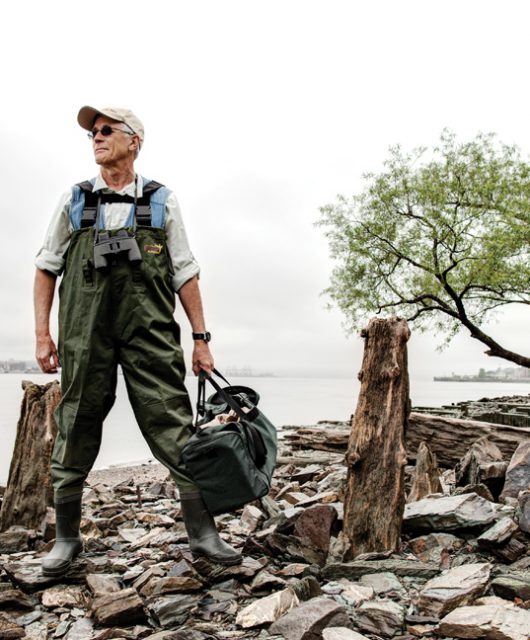Conservation research has traditionally been dominated by natural scientists, who have made important discoveries and contributions to conservation knowledge, policies, programs and practice. However, it is broadly recognized that natural science alone cannot solve conservation problems. It is also well understood that the social sciences have an important role to play in understanding and overcoming conservation challenges.
Over the last few decades, there has been increasing engagement with and development of the conservation social sciences. Yet, overall, the social sciences have remained somewhat sidelined in conservation work and their role is often misunderstood by conservation organizations, practitioners, researchers and funders. This ultimately means that many of the potential contributions of the social sciences to improving conservation policies and practice are lost.
The Conservation Social Sciences: What?, How? and Why? aims to stimulate dialogue about the role of the CSS among conservation organizations, foundations, agencies, practitioners and researchers about the role of the conservation social sciences. It is intended to build capacity, promote knowledge and foster engagement with conservation social sciences in order to improve conservation practice and outcomes.
We’re happy to report that Dr. Nathan Bennett of the University of British Columbia is here to give us some perspective on the matter. If you’re interested in how conservation and social sciences link up, read all about it here!




